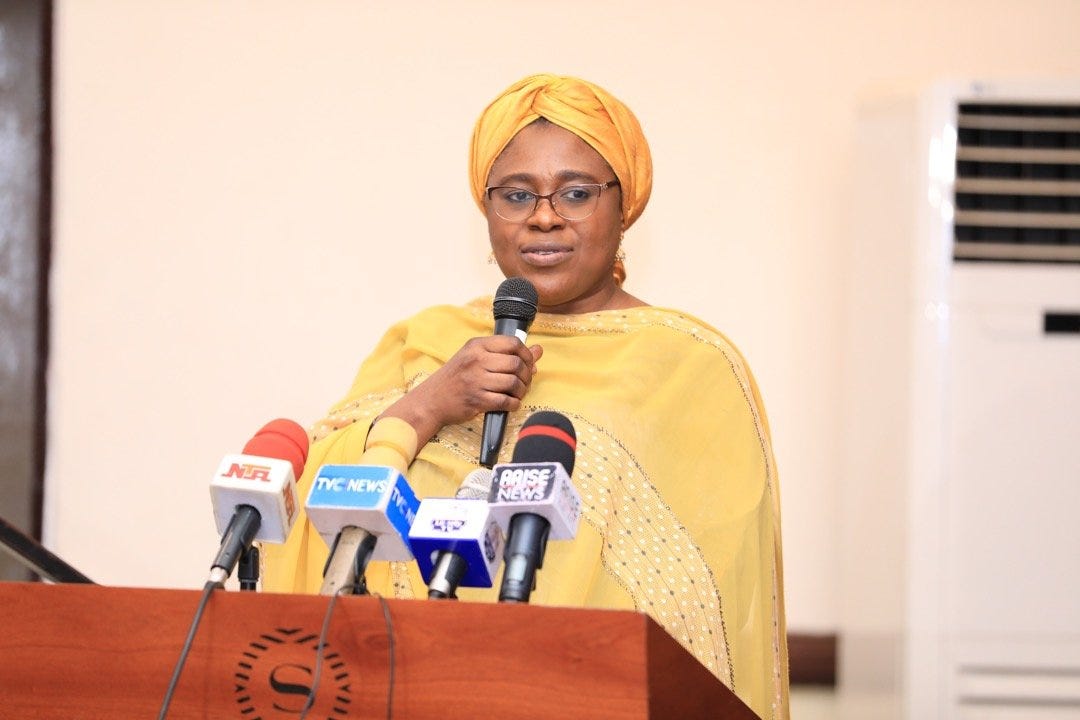Dr. Salma Anas-Ibrahim, the Special Adviser to President Bola Tinubu on Health Matters, emphasized the critical role of primary health care (PHC) in Nigeria and highlighted the challenges that contribute to increased morbidity and mortality, particularly related to pregnancy.
Speaking at the seventh annual conference of the Association of Nigeria Health Journalists in collaboration with the World Health Organisation in Nasarawa State, Dr. Anas-Ibrahim identified several issues affecting the PHC system in Nigeria.
These include low healthcare coverage for life-saving interventions, ill-equipped and weak service delivery systems, and low coverage with community and household-level interventions.
Related News: https://savingpointmedia.com/study-reveals-40-million-women-at-risk-of-long-term-health-issues-post-childbirth/
She stressed that PHC is essential for a resilient health system and should be structured to provide services supporting the achievement of Universal Health Coverage (UHC) and ensuring health security.
In Nigeria, however, the PHC level of care has received inadequate attention, making it the weakest link in the health service delivery system, particularly in addressing pregnancy-related conditions.
Dr. Anas-Ibrahim outlined the aspiration to improve the quality of care for pregnant women, ensuring they receive the necessary services and coverage under health insurance.
She emphasized the pivotal role of PHC in enhancing access to healthcare for the achievement of UHC in a holistic and sustainable manner, contributing to national growth and development.
Despite Nigeria constituting about three percent of the world’s population, Dr. Anas-Ibrahim pointed out that the country contributes significantly to the global burden of maternal and newborn deaths.
She highlighted socio-economic challenges such as poor health-seeking behavior, literacy issues, cultural factors, long distances to health facilities, lack of transport, poverty, and inadequate access to water, sanitation, and hygiene as contributors to preventable diseases and deaths.
Dr. Anas-Ibrahim expressed the determination of the present administration to leave a legacy of a resilient PHC system, addressing challenges like inadequate distribution, infrastructure, equipment, and skilled human resources.
She underscored the importance of accountability mechanisms and collaborative partnerships between the government, development partners, private sector, civil society organizations, communities, and the media for the success of interventions in improving PHC in Nigeria.
You can also read: Michigan School Shooter Ethan Crumbley Sentenced to Life in Prison


